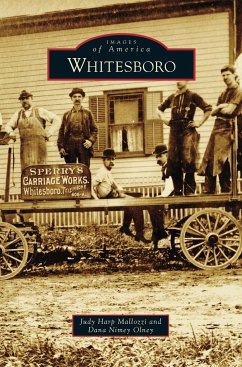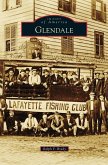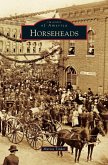The fertile farmlands of the Mohawk Valley brought the first settlers to Whitestown, founded by Hugh White in 1784. Abundant water was available to service mills and to provide a means for shipping goods from the existing knitting mills, cheese factories, iron works, and lumberyards of Whitesboro, a village of Whitestown. Irish immigrants settled into Whitesboro after building the Erie Canal, while German immigrants brought their carpenter talents to build furniture, such as the famous Quigley rolltop desk. The Dutch sought out Wybo E. Wind, the Dutch baker who employed many in his bakery, and because of the large number of Welsh immigrants in Remsen, there was a big spillover into Whitesboro. Among the first things sought by those visiting the area is Whitesboro's diverse cuisine, boasting some of the best Italian, Greek, and Lebanese dishes, all brought by immigrants. Whiteboro's proximity to the Adirondacks allows residents to enjoy camps, summer homes, swimming, and winter activities. The rolling hills and beautiful scenery are part of the charm that still attracts people to the area today.








